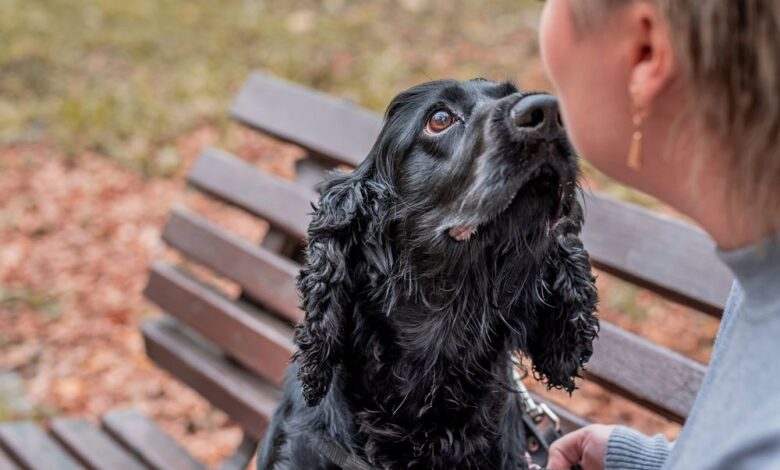
A new study has suggested that dogs can detect trauma through human breath. The new findings hint that dogs can become even better friends by helping people overcome PTSD.
Researchers at Dalhousie University in Nova Scotia wanted to investigate whether pet dogs can help those suffering from post-traumatic stress disorder ahead of them experiencing a flashback.
They enlisted 26 scent donors who wore a face mask while breathing calmly, before carrying out the same experiment during memories of their trauma.
Two dogs, Callie and Ivy, assisted with the study and were able to sniff out the difference between the calm and distressed face masks.
“Both Ivy and Callie found this work inherently motivating,” author of the study Laura Kiiroja said. “Their limitless appetite for delicious treats was also an asset. In fact, it was much harder to convince them to take a break than to commence work. Callie in particular made sure there was no dilly-dallying.”
Callie was able to correctly distinguish the masks 81 per cent of the time, while Ivy got an accuracy score of 74 per cent.
“Although both dogs performed at very high accuracy, they seemed to have a slightly different idea of what they considered a ‘stressed’ breath sample,” Kiiroja said.
“We speculated that Ivy was attuned to sympathetic-adreno-medullar axis hormones (like adrenaline) and Callie was oriented to the hypothalamo-pituitary-adrenal axis hormones (like cortisol). This is important knowledge for training service dogs, as alerting to early-onset PTSD symptoms requires sensitivity to sympathetic-adreno-medullar axis hormones.”
The study was published in Frontiers in Allergy, with researchers acknowledging that larger studies should be conducted to further delve into dogs’ abilities.


